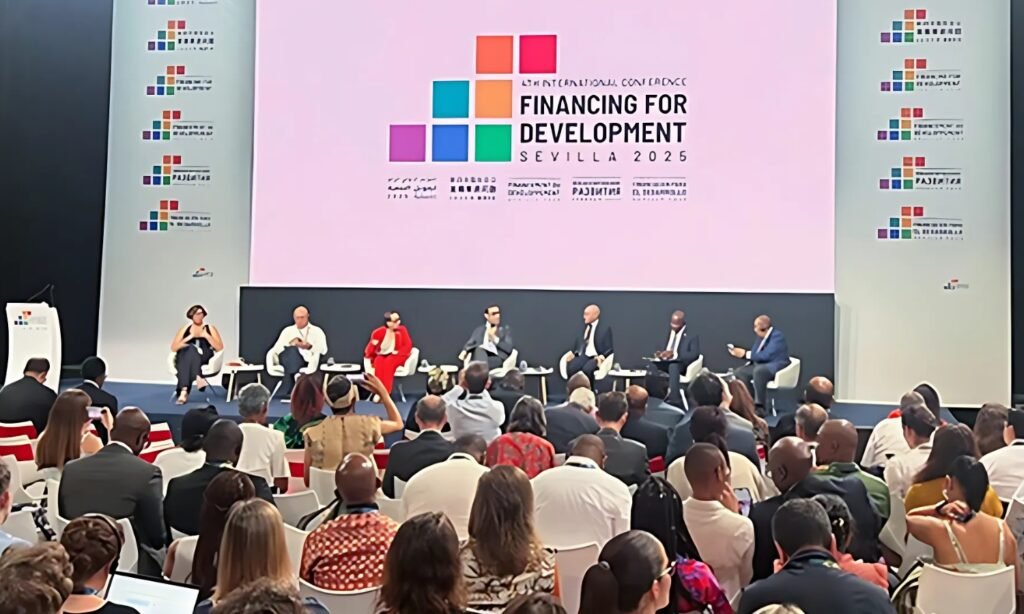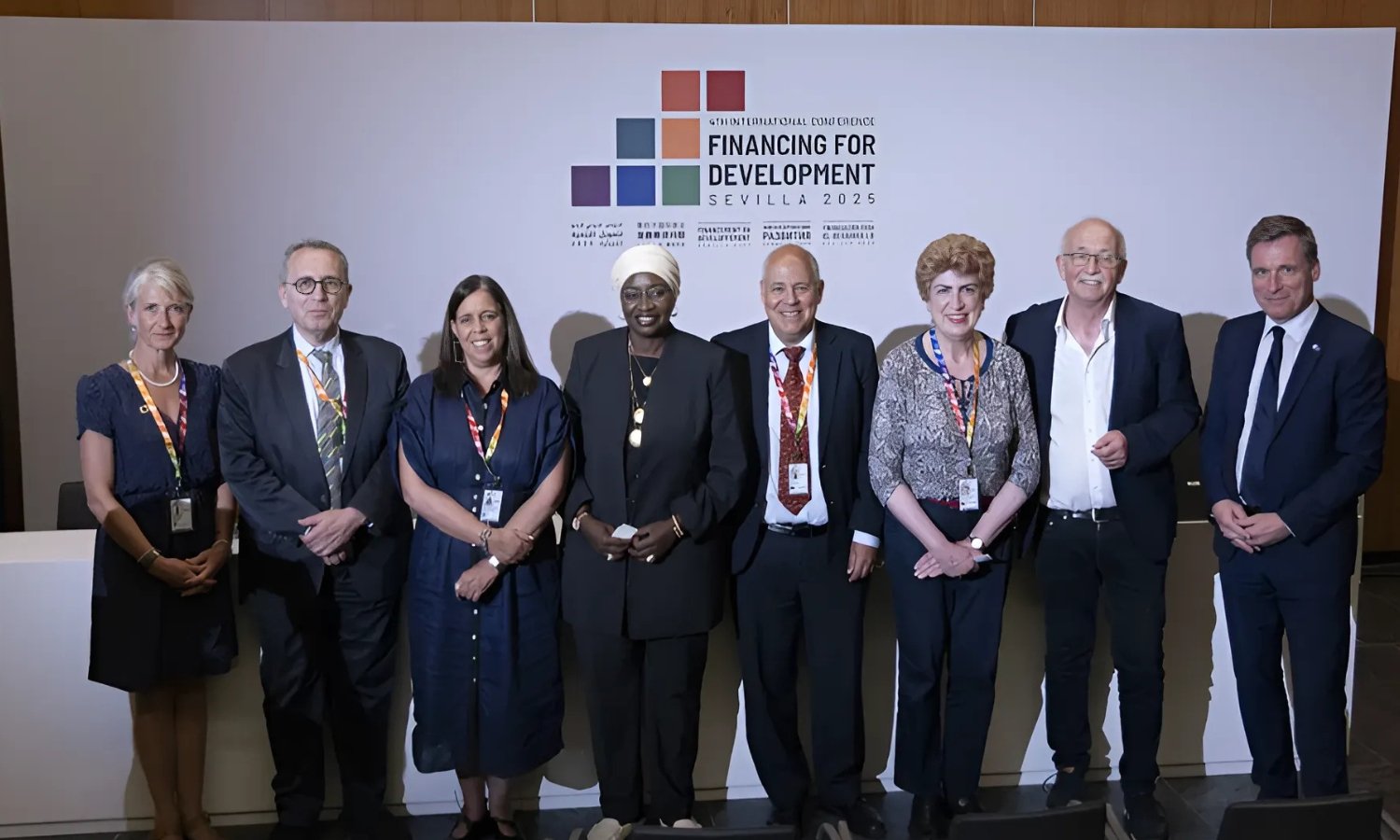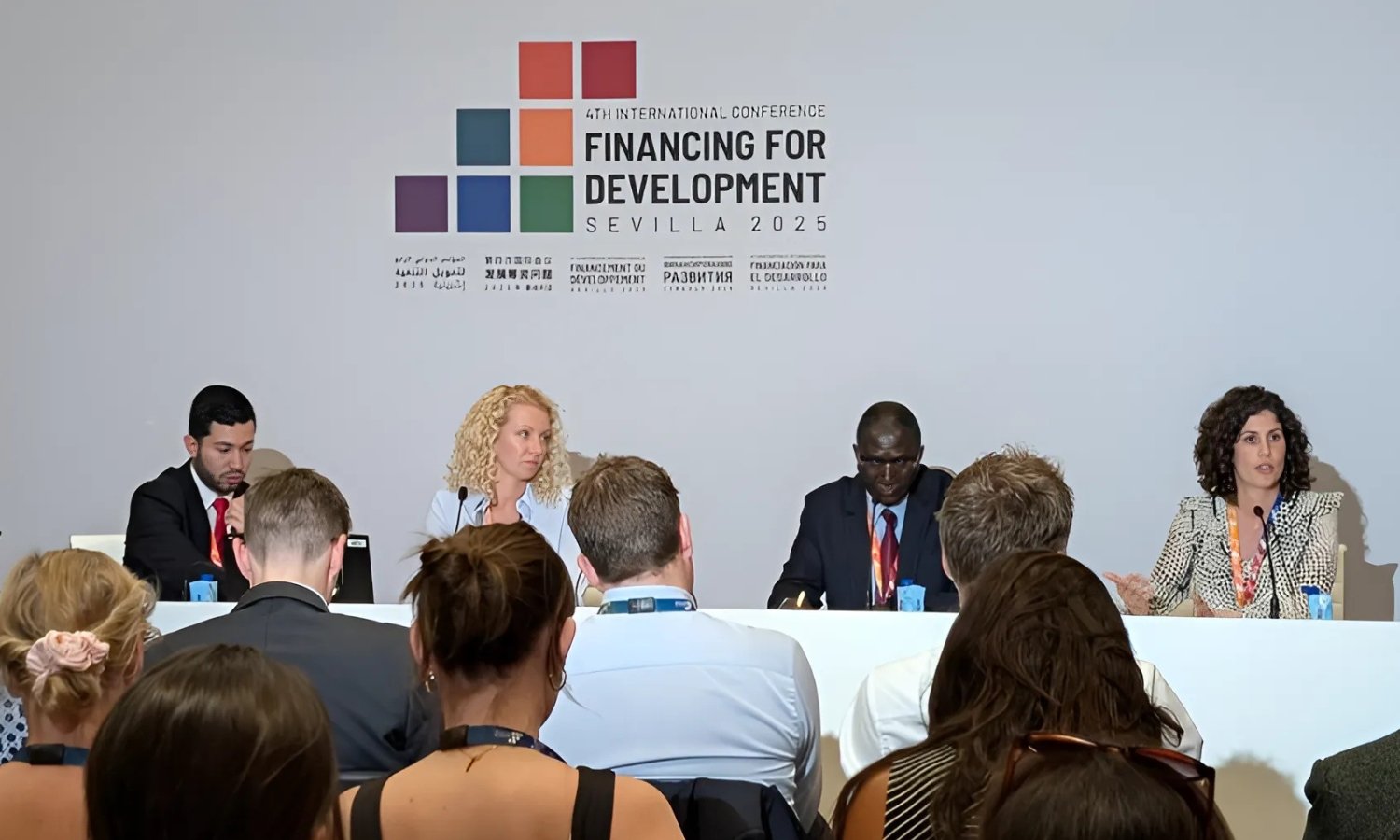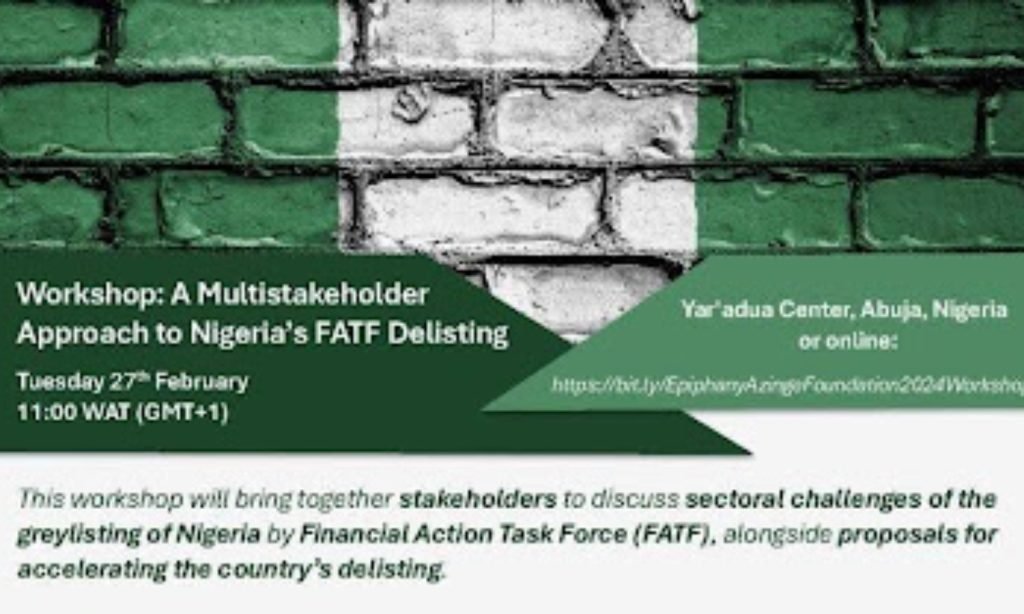
The Fourth International Conference on Financing for Development (FFD4) concluded on July 3, 2025, with the adoption of the “Sevilla Commitment,” a historic agreement aimed at tackling global financing challenges that hinder sustainable development. The conference marked a significant moment in setting political priorities and reaffirming worldwide commitments to finance the Sustainable Development Goals (SDGs).
Building on a year-long consultative process, FFD4 focused on three core objectives: closing the estimated $4 trillion annual SDG financing gap through innovative tools such as debt relief and public-private partnerships; reforming the global financial architecture to promote tax justice, climate finance, and fairer governance; and turning political promises into measurable, high-impact actions. The Sevilla Commitment is expected to guide future efforts in aligning global financial systems with the urgent demands of sustainable development, with follow-up mechanisms to ensure accountability and progress tracking. Observers say the momentum generated in Seville could mark a turning point in international development cooperation, as the world races to meet the 2030 Agenda.

The African Center for Governance, Asset Recovery, and Sustainable Development (African Center) welcomes these results and shares its reflections and recommendations to support effective implementation.
Main Takeaways from the Seville Outcome
- Tackling the $4 Trillion Global SDG Financing Gap: Africa’s development financing needs are especially acute, with its infrastructure deficit, poverty challenges, and climate vulnerabilities. The Seville Commitment recognizes the $4 trillion global SDG funding gap and proposes strengthening domestic tax systems to improve African countries’ fiscal space, facilitating private capital mobilization for African SMEs, infrastructure, and climate projects, and expanding access to concessional finance for low-income countries.
- Reforming Multilateral Finance to Unlock African Development: Africa pushed hard for reforms in Multilateral Development Banks (MDBs) to expand lending limits for African countries, allow greater access to Special Drawing Rights (SDRs), and accelerate blended finance programs for African projects.
- Fair Taxation and Illicit Financial Flows: Africa faces vast revenue losses from tax evasion, illicit flows, and unfair tax rules. At Seville, African negotiators helped push through a call for minimum domestic tax revenue of 15% of GDP, a target many African nations seek support to reach.
- Debt Relief and Crisis Financing: Africa is among the world’s most debt-stressed regions. Seville brought key breakthroughs on debt expansion of debt-for-development swaps to ease African debt burdens while funding climate resilience, and support for a Global Debt Registry to improve transparency, helping African countries negotiate fairer deals

The African Center emphasizes the following areas for improvement:
- Returned assets should support victims, social programs, climate action, and SDG priorities.
- In addition to asset-return transparency, host countries should provide timely and prompt information on confiscated assets, foreign bribery awards, and penalties.
- Demand strong global action against illicit financial flows (IFFs) draining Africa’s wealth.
- There should be a mechanism for negotiation on the sharing of foreign bribery awards through collaboration in investigation, asset sharing agreements, and public reporting regarding the use of the funds.
- Support stronger transparency in beneficial ownership to prevent future asset theft.
Our Commitments
- The African Center will support advocacy campaigns for fair, transparent, and African-led debt restructuring frameworks.
- Policy Innovation: We will continue providing technical assistance for pilot reforms, including non-conviction-based asset forfeiture and centralized beneficial ownership registries.
- Partnerships: We will work with African governments, regional bodies, and civil society to push for automatic debt suspension clauses and permanent debt relief mechanisms.
- Capacity Building: We aim to collaborate with partners to strengthen asset recovery systems across Africa.
- Community Engagement: We will host dialogues to promote transparency and involve communities in decisions about the use of recovered assets.
Conclusion
The Seville Commitment holds significant opportunities for Africa, particularly in debt relief, tax reform, climate finance, and increased access to development capital. However, the real challenge lies in implementation. For Africa, it is not the end, it’s a starting point in reshaping the global financial system to serve African priorities and people.


